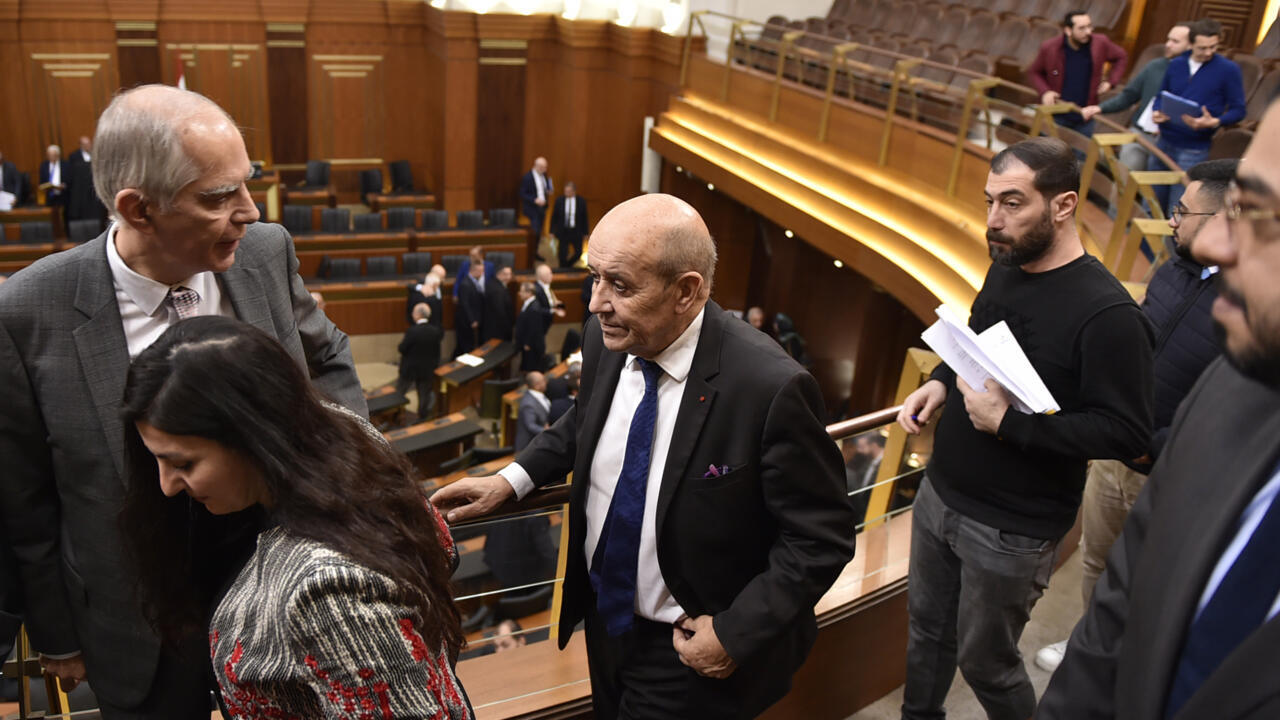Lebanon’s political scene is on the brink of change as the parliament is scheduled to meet on January 9 to elect a new president. This session aims to break the long-standing political deadlock that has left the country without a leader since October 2022, when former President Michel Aoun’s term ended. The absence of a head of state has contributed to instability, and this upcoming election could signal the end of this uncertain period.
Speaker Nabih Berri announced the session through Lebanon’s National News Agency, emphasizing the critical need to elect a president. This announcement comes amid a fragile sense of optimism, following the start of a ceasefire between Israel and Hezbollah. The truce, which took effect the day before, has provided a brief respite from escalating regional tensions and may pave the way for political advancements in Lebanon.
The ongoing inability to elect a president is deeply tied to a power struggle between the two dominant political factions: the Iran-backed Hezbollah and its opponents. Neither side has managed to secure the two-thirds majority necessary for the election, leading to repeated stalemates. This impasse has left Lebanon without a functioning head of state, exacerbating its economic and social crises.
Prime Minister Najib Mikati expressed cautious hope after the ceasefire, saying, “I hope this will be a new page for Lebanon, I hope the coming days will lead to the election of a president.” Mikati’s comments reflect a blend of optimism for a resolution and an awareness of the challenges that remain. The ceasefire has created a rare opportunity for dialogue, potentially smoothing the path for a breakthrough in the presidential election.
The upcoming session of the Lebanese parliament is anticipated to attract attention from both local and international observers. The results could have far-reaching consequences for Lebanon’s political landscape, influencing its domestic policies and regional relations.





